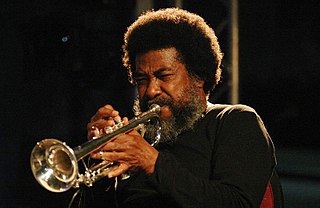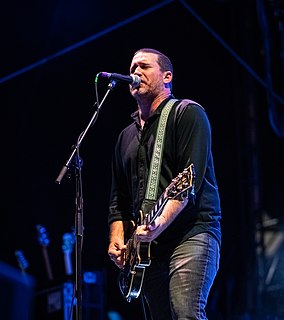A Quote by Philip Kitcher
Both Ulysses and Finnegans Wake are inexhaustible. They are celebrations of the ordinary, compelling reactions to philosophical elitism about "the good life". I hope to examine both of them further, doing more justice to Joycean comedy than I did in my "invitation" to the Wake, and trying to understand how the extraordinary stylistic innovations, particularly the proliferation of narrative forms, enable Joyce to "see life foully" from a vast number of sides.
Quote Topics
About
Both
Comedy
Compelling
Did
Doing
Elitism
Enable
Examine
Extraordinary
Finnegans Wake
Forms
Further
Good
Good Life
Hope
How
Innovations
Invitation
Joyce
Justice
Life
More
Narrative
Number
Ordinary
Particularly
Philosophical
Proliferation
Reactions
See
Sides
Stylistic
Than
Them
Trying
Ulysses
Understand
Vast
Wake
Related Quotes
The further I wake into this life, the more I realize that God is everywhere and the extraordinary is waiting quietly beneath the skin of all that is ordinary. Light is in both the broken bottle and the diamond, and music is in both the flowing violin and the water dripping from the drainage pipe. Yes, God is under the porch as well as on top of the mountain, and joy is in both the front row and the bleachers, if we are willing to be where we are.
If an artwork never gets any attention from anybody, then obviously it's got problems. If it gains attention from a very small elite, then it's presumably doing something. Finnegans Wake gets a lot of attention from certain people who become passionate about it, who are usually very good readers in general. Although - I often talk about costs and benefits - it seems to me the costs of reading Finnegans Wake are not worth the benefits, however many there may be. And it's the same with the more arcane among poets, Zukofsky and so on.
I think that those of us who are ordinary disappear easily into the backdrop of life and we take things for granted. We often wake up in our lives and wonder how we got there. But the characters I create, the people I am drawn to, are quite extraordinary (and not always in wholesome ways), and they offer us the chance to understand who we really are and how we became who we are.
In writing a novel, the writer must be able to identify emotionally and intellectually with two or three or four contradicting perspectives and give each of them very a convincing voice. It's like playing tennis with yourself and you have to be on both sides of the yard. You have to be on both sides, or all sides if there are more than two sides.
I'm not a political person. I don't understand politics, I don't understand the concept of two sides and I think that probably there's good on both sides, bad on both sides, and there's a middle ground, but it never seems to come to the middle ground and it's very frustrating watching it and seemingly we're not moving forward.
The Tao doesn't take sides; it gives birth to both good and evil. The Master doesn't take sides; she welcomes both saints and sinners. The Tao is like a bellows: it is empty yet infinitely capable. The more you use it, the more it produces; the more you talk of it, the less you understand. Hold on to the center.
To live with the work and the letters of James Joyce was an enormous privilege and a daunting education. Yes, I came to admire Joyce even more because he never ceased working, those words and the transubstantiation of words obsessed him. He was a broken man at the end of his life, unaware that Ulysses would be the number one book of the twentieth century and, for that matter, the twenty-first.
The song writing is different because with this stuff, I write it on my own and with Hot Water, we're more of a collective and I love both sides of that. Honestly, it's two different animals but I love and respect them both and feel really honored to be blessed with people who care about it and come out and support both sides of it.
One respect in which I'm very much my father's son is how I feel about Joyce. 'Ulysses' is very much about daily life, when you get into this other guy's life and you learn about the things he cares about, and why he cares about them. And then, very indirectly, very subtly, you learn why politics has impacted his life, too.

































